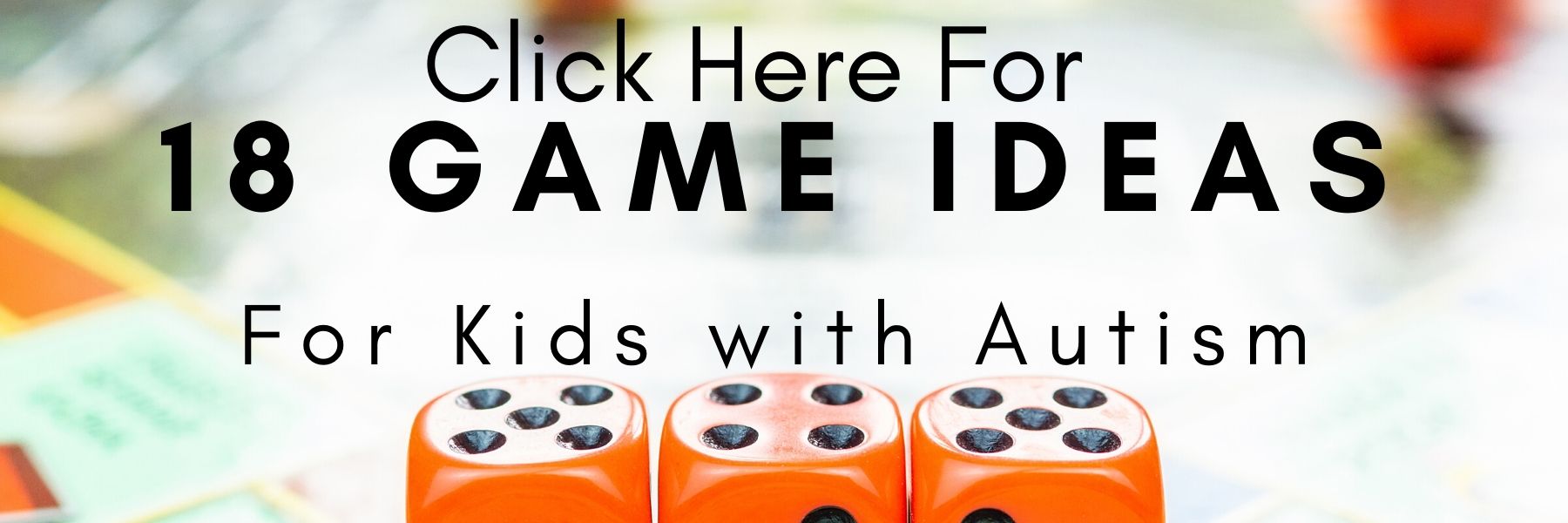What NOT to Do With an Autistic Child
Autism is a complex disorder, and can create significant difficulties for children living with it. Parents of autistic children should remember they deserve all of the same love and consideration as other kids; autistic kids shouldn’t be treated differently from any other kids in terms of treatment or love.
Do Not try to Change Behaviors in a Forceful Way
One of the key aspects of raising an autistic child is avoiding attempts at changing their behaviors. While helping an autistic person acquire new skills and overcome challenges is extremely rewarding, any attempt at altering his/her core personality could cause unnecessary anxiety and stress – especially if done without considering their needs and capabilities.
Instead, focus on reinforcing positive behaviors and teaching your child the necessary skills for independence and happiness – this should be something all parents do regardless of their child’s autism severity.
Do Not Force Food or Drinks
Avoid forcing autistic children to consume foods they do not like as this can be extremely stressful for both them and their parent; additionally it may have harmful health implications. Instead, use a reward-based system for eating to encourage eating and trying new things while not punishing them when they play with their food.
Do Not Make Abrupt Changes or Too Many Changes at Once
Children with autism typically respond best when their schedules remain consistent and predictable, and any frequent changes could make them anxious and even cause meltdowns. If it becomes necessary to alter them, do so gradually and give plenty of warning beforehand.
Do Not Force Eye Contact
Many autistic individuals find direct eye contact uncomfortable or overwhelming. Do not insist on it, as it can create anxiety or sensory discomfort.
Do Not Punish Repetitive Behaviors
As those with autism can use stimming as a way of stimulating their senses and relaxing themselves, parents should not punish their child for this common behavior. Stimming can include flapping their hands, tapping their feet or repeating words over and over – this should never be seen as bad behavior and any attempts at stopping it could increase stress levels significantly, possibly leading to meltdown. Of course, if their behavior puts them or anyone else in danger or they are causing injury or anything unsafe then action should be taken.
Do Not Act Differently Around them
Do not hesitate to let your autistic child see that you are just being yourself around them and they can be themselves around you. Although this may be challenging at first, this can create a powerful bond between you and them as they will feel comforted knowing they are not alone.
Do Not Assume they can Learn the Same Way as Other Kids
Autistic children should be celebrated for the skills that they have developed, but that alone may not suffice. A safe learning and growth environment must also be created; this may mean providing sensory inputs like scented markers and encouraging them to interact with the world in ways they find enjoyable.
Do Not Overstimulate Them
Be mindful of sensory sensitivities. Avoid exposing them to excessive noise, bright lights, or strong smells that may overwhelm them. Create a calm and sensory-friendly environment.
Do Not Try to Do This Alone
If you notice developmental delays, behavioral challenges, or other concerns, do not delay seeking help from professionals experienced in autism. Early intervention can make a significant difference in a child’s progress.
Do Not Discourage their Interests
Embrace their special interests and talents rather than discouraging them. Autistic individuals can excel in areas they are passionate about, and these interests can be a source of motivation and skill development.
Do Not Neglect Your own Wellbeing
Parenting or caring for an autistic child can be challenging. Avoid neglecting your own well-being. Make sure you take time for self-care and seek support from friends, family, or support groups when needed.





